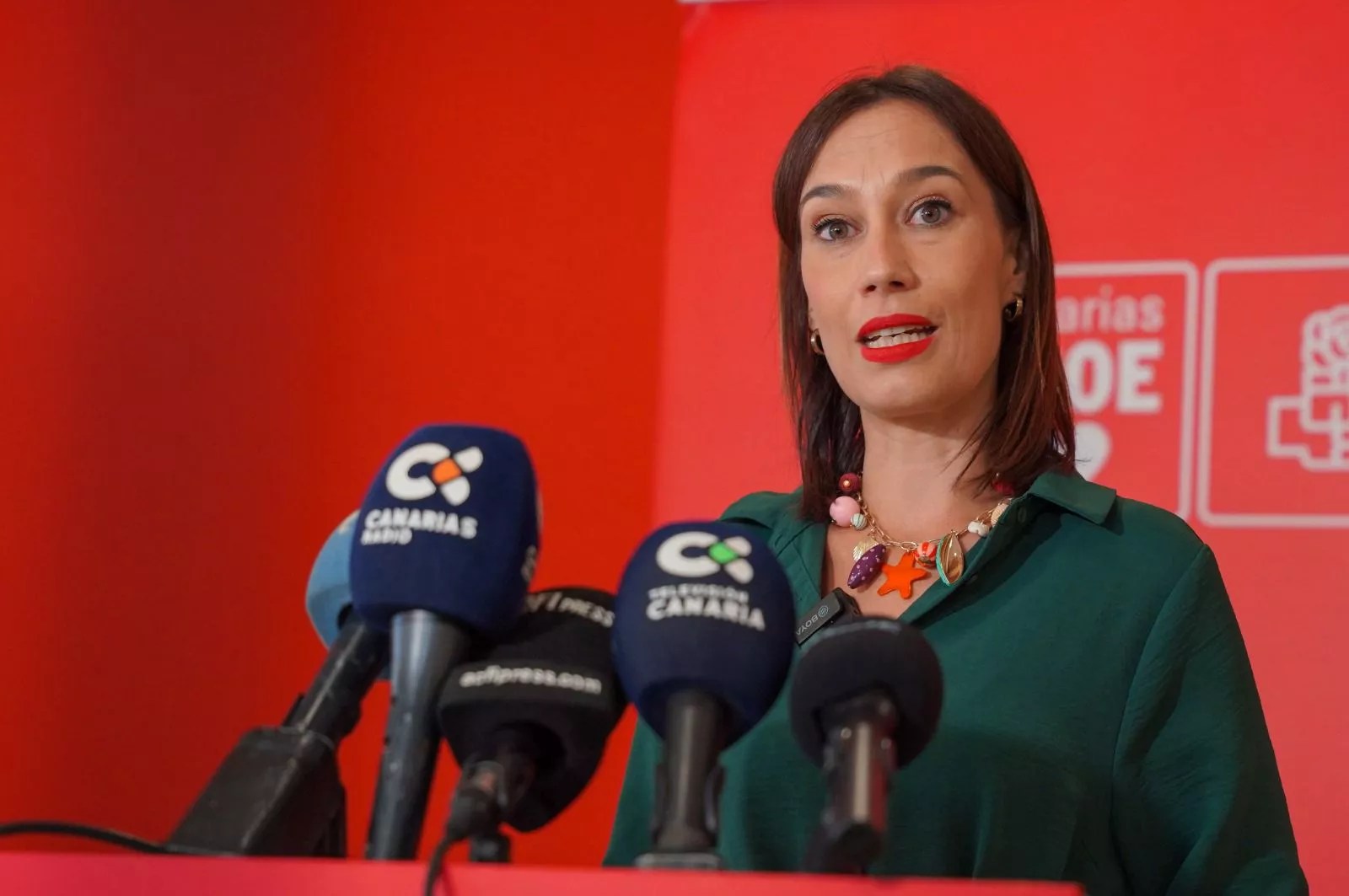The former health councillor asserts that his role was to ensure stock availability and acknowledges that someone within the SCS “made an error” with the RR7 contract.
Santa Cruz de Tenerife, 31st March (Europa Press) –
The previous health councillor of the Government of the Canary Islands, Julio Pérez, stated on Monday that it is “impossible” for a councillor to be aware of all the contracts within the department, particularly regarding the amounts and the companies involved.
Speaking before the Investigation Commission of the Parliament of the Canary Islands, the director of Economic Services of the SCS, Ana María Pérez—appointed during the ‘Mascarillas case—emphasised that discussions regarding contracts were limited to the request that centralised the procurement of medical supplies in her domain.
Pérez remarked that within the Health Management Committee, there was little dialogue about contracts aside from the arrangement made to source materials from China, reinforcing that his task as health councillor for around three months was to ensure there was a “sufficient stock” for health services to manage the pandemic.
“There were alarming times; at one point, we only had swabs for a single day,” he explained, underscoring that during the peak of the pandemic, the weekly consumption of masks reached nearly half a million.
Addressing the RR7 contract—where four million euros were paid for one million masks that were never delivered—he expressed his “great dismay” upon learning about it through the press, clarifying that he had “no contact” with the company and was unaware that two advance payments of two million euros each had been made.
Pérez contended that the essential “inquiries” regarding the company’s solvency were not conducted, particularly since the company was not involved in health materials. “Someone in the SCS believed them and was mistaken,” he commented.
He further noted that emergency hiring permitted “anything to be done,” although this approach can be more “of a burden” as it provides significant freedom, wryly suggesting that officials refer to it as the “nuclear button.”
All CCAA turned to unconventional suppliers
He clarified that out of over 1,300 contracts scrutinised by the audit office, only a few are being investigated by the judiciary, and asserted that “all” communities resorted to unconventional suppliers, including the Ministry of Health itself, which signed contracts worth approximately 500 million euros with a food company.
In contrast to the former social rights councillor, Noemí Santana, he denied that there was any “malpractice,” although he acknowledged some mistakes “and plenty of successes,” asserting that the Canary Islands had the lowest mortality rate among communities.
At that time, he defended the efforts of former Health Councillor Teresa Cruz, though he refrained from disclosing the reasons for her dismissal, and also did not agree with her view that a councillor should be held accountable for the actions of their subordinates. “It depends,” he remarked.
The former Minister of Health claimed not to know if Conrado Domínguez negotiated contracts on behalf of the Ministry of Health while serving as a technical secretary of Public Works—”if so, it was poorly done”—and stated that he had never interacted with Koldo García or Victor de Aldama. “I have not crossed paths with them in my life,” he explained.
In response to opposition criticism, he maintained that he has not opened the door in the Canary Islands “to any corrupt schemes.”
















